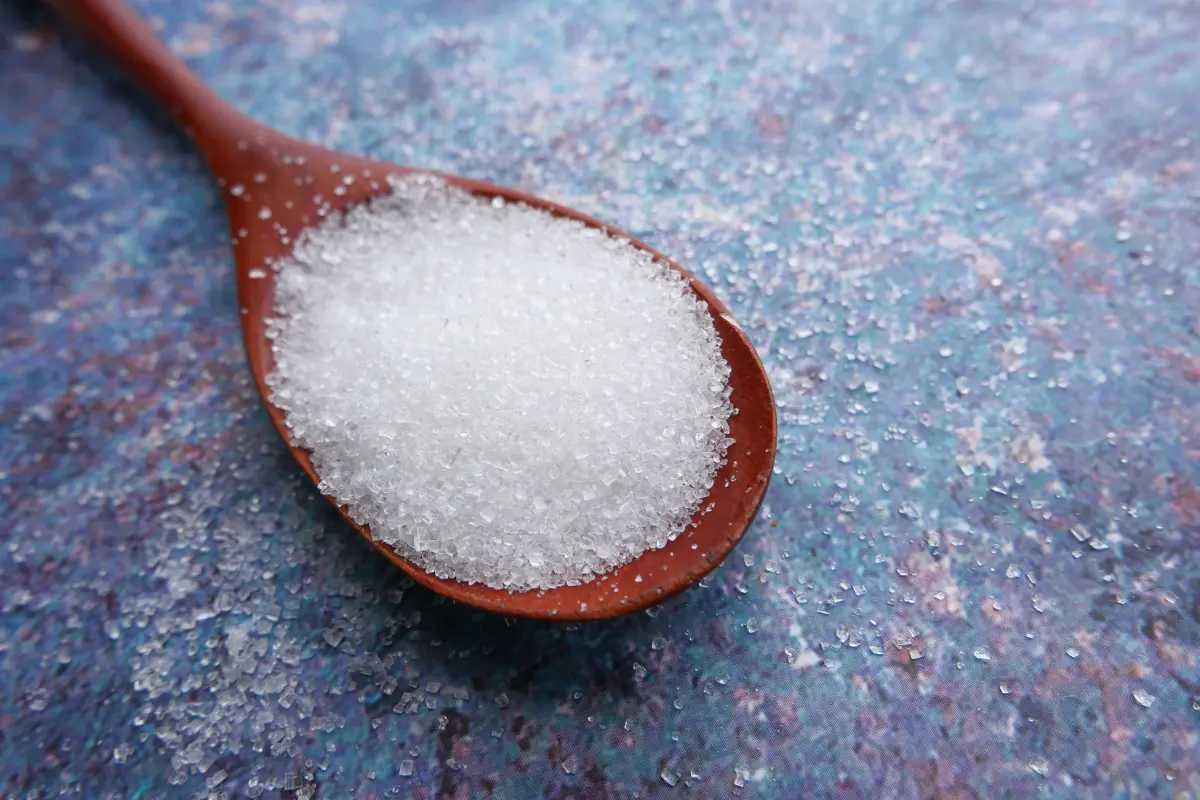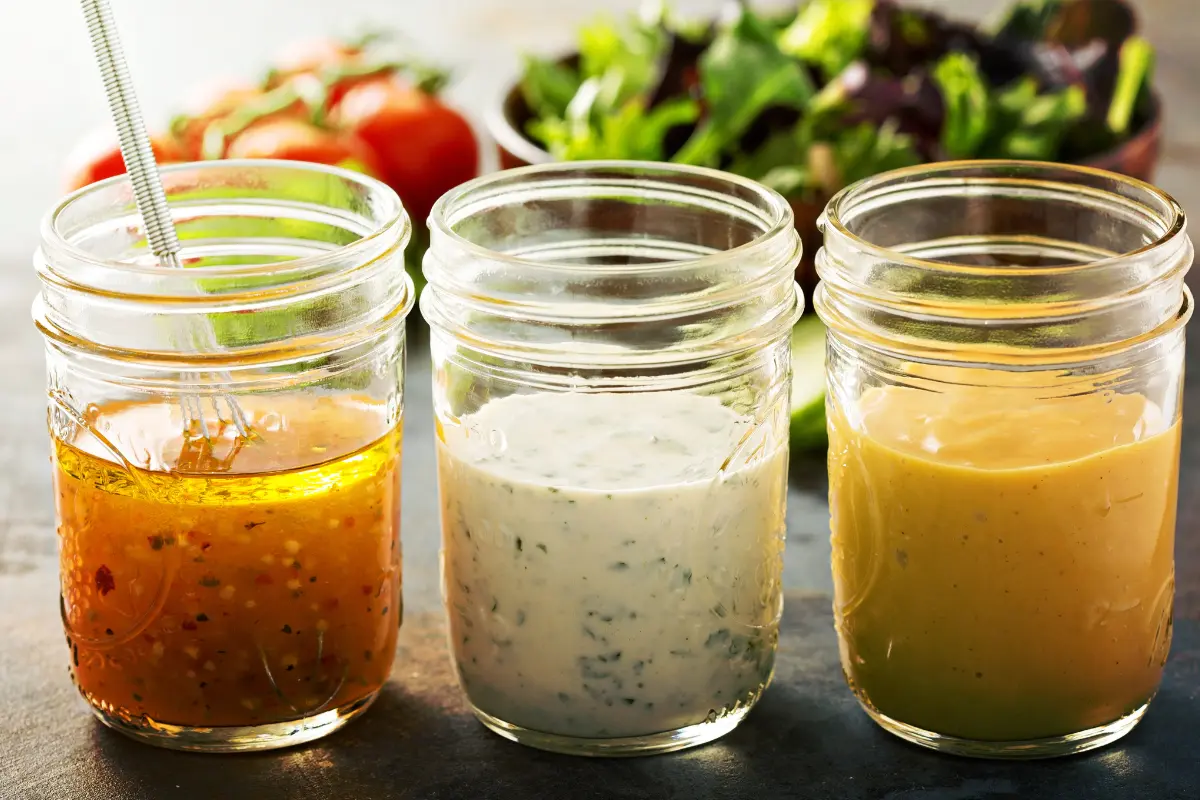
When it comes to improving athletic performance and body composition, we all know that nutrition plays a vital role. Recently, there has been a lot of discussion about the type of sugar used in foods and beverages: cane sugar versus high-fructose corn syrup (HFCS). While both are forms of added sugar, they have subtle differences that may impact your training goals, body composition, and long-term health.
What Are Cane Sugar and HFCS?
Cane Sugar (sucrose) is a naturally occurring disaccharide made up of 50% glucose and 50% fructose. It’s extracted from sugarcane or sugar beets and is commonly found in granulated white sugar, raw sugar, and in many baked goods and beverages.
High Fructose Corn Syrup is a processed sweetener derived from corn. The two most common forms are:
HFCS-55: ~55% fructose, 45% glucose (used in soft drinks)
HFCS-42: ~42% fructose, 58% glucose (used in processed foods)
Advertisement
Despite the small difference in fructose content, both versions of HFCS are metabolized similarly in the body.
How Does the Body Process These Sugars?

Glucose is rapidly absorbed and used for energy, especially during workouts. Fructose is primarily metabolized by the liver and does not cause an immediate insulin spike. However, excessive intake can lead to increased fat storage and insulin resistance.
Because both cane sugar and HFCS are roughly half glucose and half fructose, the body handles them in largely the same way. Due to these pathways, when consumed in moderate amounts and in conjunction with physical activity, both cane sugar and HFCS can serve as a fast-acting fuel. But chronically high intakes, especially outside of exercise windows, can lead to multiple health problems, including elevated triglycerides, insulin resistance, non-alcoholic fatty liver disease, and obesity.
Pros and Cons for Athletes and Body Composition Goals
Potential Benefits in Moderation:
Cane Sugar:
Advertisement
Provides a quick energy source during prolonged or intense exercise.
Slightly less processed compared to HFCS, especially in raw or unrefined forms.
May have fewer additives or chemical byproducts, depending on the source.
High Fructose Corn Syrup:
Offers the same rapid energy source as cane sugar.
Advertisement
More cost-effective and shelf-stable, making it widely available in sports drinks and energy gels.
A slightly higher glucose ratio in some forms may offer marginally quicker energy
Drawbacks Especially in Excess
Cane Sugar:
Still contributes to a calorie surplus if not timed or portioned appropriately.
Regular consumption of added sugars may lead to insulin resistance, fat gain, and inflammation, counterproductive to athletic goals.
Advertisement
High Fructose Corn Syrup:
Has been linked in studies to increased liver fat, metabolic issues, and overeating (especially in sedentary individuals).
Often found in highly processed, nutrient-poor foods, which may displace more nourishing options.
It's slightly higher fructose content may promote fat storage more readily if not used for immediate energy.
So, Which One is "Better"?
From a metabolic standpoint, neither cane sugar nor HFCS is inherently “healthier”, especially when consumed in large quantities. For most athletes and body composition-focused individuals, the context and timing of sugar consumption matter more than the specific type.
Advertisement
Best Practices:
Use simple sugars (from either source) strategically around workouts, where quick energy is needed.
Prioritize whole food carbs (fruit, grains, root vegetables) outside of training windows.Limit both cane sugar and HFCS in daily meals to minimize blood sugar spikes and promote lean muscle retention.
The Bottom Line
When it comes to performance or physique goals, cane sugar and HFCS function similarly, offering short bursts of energy but carrying long-term risks when overconsumed. Use them with caution, and primarily around workouts or during endurance training. Always aim to keep the bulk of your carbs nutrient-dense and whole-food-based.
Need help customizing your fueling strategy for training or fat loss? A Working Against Gravity nutrition coach can help you optimize your intake, time your carbs for performance, and find balance without restriction.
Advertisement
Schedule a Free Intro Call
Working Against Gravity has led the macro tracking and health space for over a decade. Our team doesn’t just understand the science of nutrition—we’ve spent years mastering the art of tailoring it to fit your life. That means no cookie-cutter plans, just real strategies that have worked for over 30,000 people.
Schedule a free call with our team to learn how working with a 1-on-1 WAG coach will help you reach your goals.



